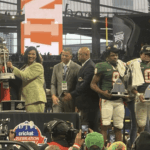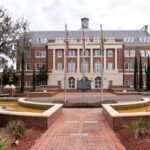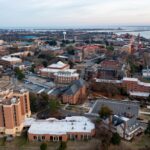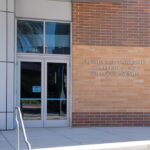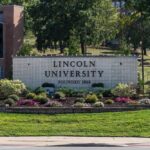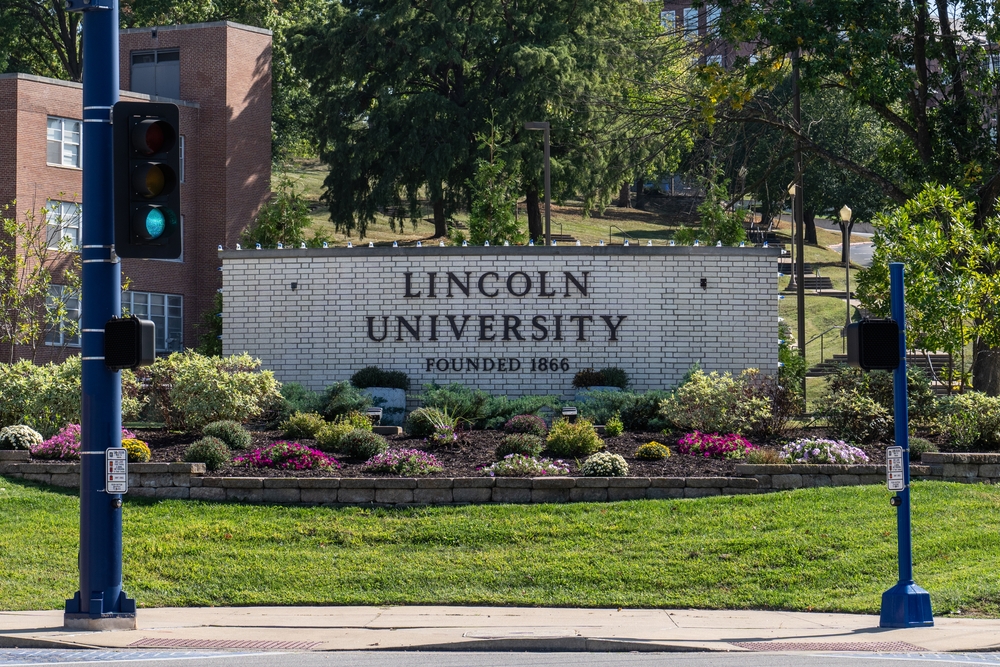
Digital lifeline saves centuries of Black academic history
Ten historically Black colleges and universities have found powerful corporate allies in their urgent mission to preserve irreplaceable historical records that chronicle nearly two centuries of African American educational achievement. Getty Images and Ancestry.com announced a groundbreaking partnership that will digitize thousands of photographs, documents and institutional records, some dating back to 1854.
The collaboration addresses a critical vulnerability: priceless historical materials housed at HBCUs face ongoing threats from deterioration, limited storage capacity and insufficient funding for proper preservation. Without intervention, centuries of documented Black educational progress could vanish forever.
Lincoln University takes the lead. Pennsylvania’s Lincoln University, America’s first degree-granting HBCU, has emerged as the initiative’s flagship participant. The 171-year-old institution will digitize approximately 700 photographs alongside founding documents from its 1854 charter, creating a comprehensive digital archive spanning generations of students who pursued higher education despite legal and social barriers.
The partnership represents a dramatic expansion of Getty’s HBCU Grants program, which launched in 2021 with a narrow focus on photographic preservation. Program administrators quickly recognized that photographs alone couldn’t capture the full scope of institutional history requiring protection.
Corporate muscle meets academic mission
The Getty-Ancestry alliance brings substantial resources to a preservation challenge that individual institutions couldn’t tackle alone. Ancestry.com contributes specialized expertise in digitizing and cataloging historical records, while Getty provides financial backing and archival infrastructure.
Program leaders emphasize the untapped research potential locked within these collections. Administrative documents, student records, correspondence and institutional photographs collectively document pivotal chapters in American educational history that traditional sources have inadequately recorded.
Student scholars join preservation efforts. The initiative incorporates current HBCU students as paid archival assistants, with stipends sponsored by Denny’s restaurant chain. Student participants receive hands-on training in sourcing, dating and contextualizing historical materials while earning marketable skills in archival techniques.
For many student workers, the preservation project becomes personally meaningful as they discover connections to their own family histories. Multiple generations of families have often attended the same HBCUs, creating emotional resonance between current students and institutional legacy.
Political tensions add preservation urgency
The initiative launches amid intensifying political debates over American historical education. Recent challenges to diversity, equity and inclusion programs have raised concerns among historians about potential educational censorship and historical erasure.
Some political figures advocate for limiting educational content that examines complex aspects of American history, promoting instead what they term “patriotic education.” These developments have heightened awareness among educators and historians about protecting authentic primary-source materials from political interference.
Ownership remains with institutions. Program designers structured the partnership to ensure participating HBCUs retain full copyright ownership of all digitized materials. This provision addresses historical concerns about cultural exploitation while guaranteeing institutional control over how their histories are presented and utilized.
The ownership model allows schools to make independent decisions about public access, licensing and commercial uses of their historical materials. Program leaders emphasize that this approach distinguishes their initiative from other digitization efforts that might separate materials from their institutional contexts.
Expansion targets nine additional schools
Following the pilot phase with Lincoln University, program administrators actively encourage applications from nine additional HBCUs seeking preservation support. The selection process will consider factors including historical significance of available materials, their physical condition and institutional capacity to support digitization work.
Priority consideration may favor collections at particular risk of deterioration or those with exceptional historical importance. Each participating institution will receive technical support, funding and archival expertise to ensure proper preservation according to professional standards.
Research implications extend beyond academia. Historians anticipate the digitized collections will significantly enhance research possibilities related to African American educational history and broader social developments. Digital accessibility removes geographical barriers to research while protecting fragile physical materials from handling damage.
The preserved materials will provide crucial primary sources for scholars studying education policy, civil rights activism, professional development and community formation. For genealogists researching African American family histories, these records may offer documentation otherwise difficult to locate in traditional historical sources.
Heritage preservation faces time pressure
The urgency driving this HBCU heritage preservation initiative reflects broader challenges facing historical preservation efforts nationwide. Aging materials, limited institutional resources and competing funding priorities create ongoing risks for irreplaceable cultural assets.
Program participants recognize they’re racing against time to capture materials before deterioration makes preservation impossible. The Getty-Ancestry partnership provides a sustainable model for protecting educational heritage that could inspire similar collaborations supporting other historically underrepresented institutions.
The initiative ultimately aims to ensure that future generations have access to comprehensive documentation of African American educational achievement, countering incomplete historical narratives about Black intellectual and professional accomplishment. By preserving these institutional memories, the program protects crucial chapters of American history that might otherwise disappear.
Sort By
 Register for exclusive access to VIP events and more
Register for exclusive access to VIP events and more
Sign up for periodic updates, special discounts, and more!




